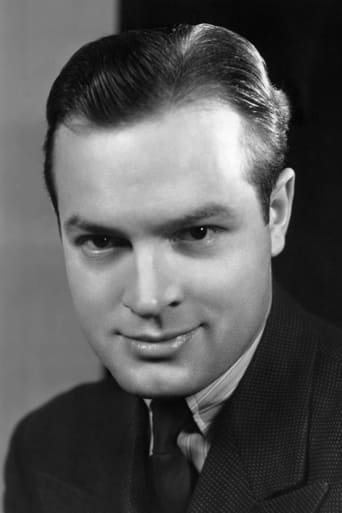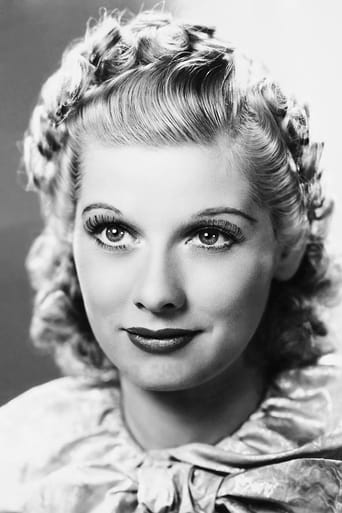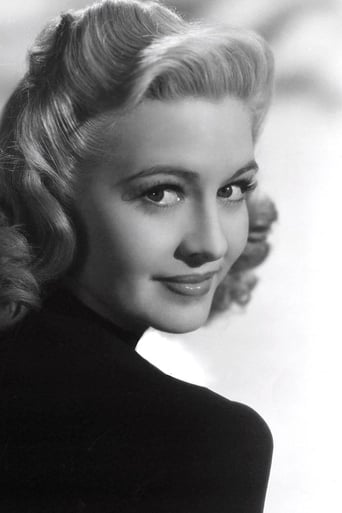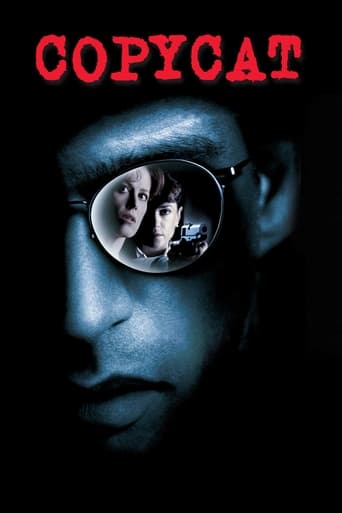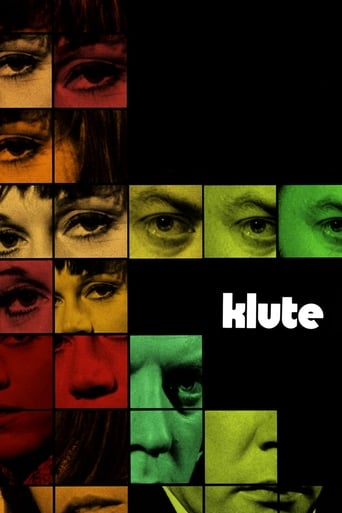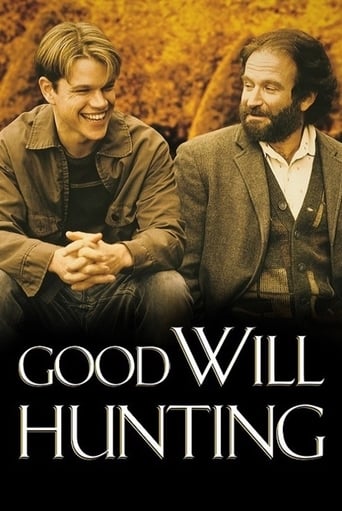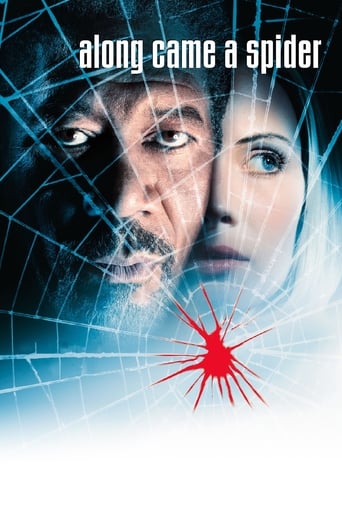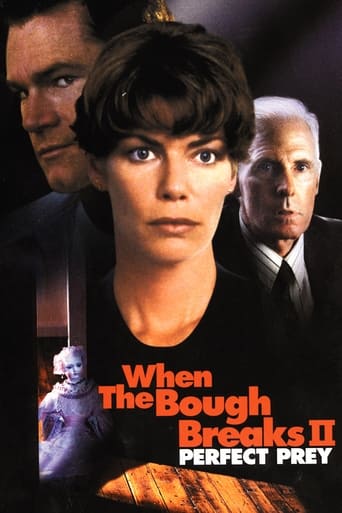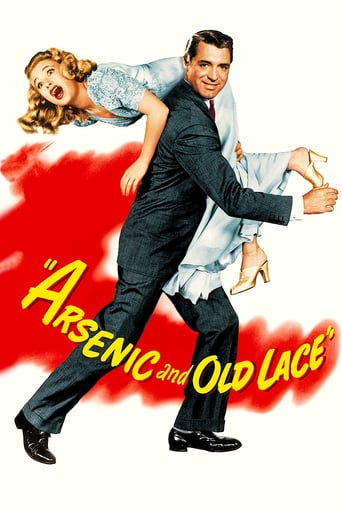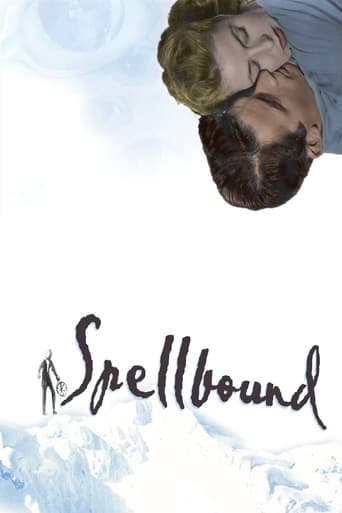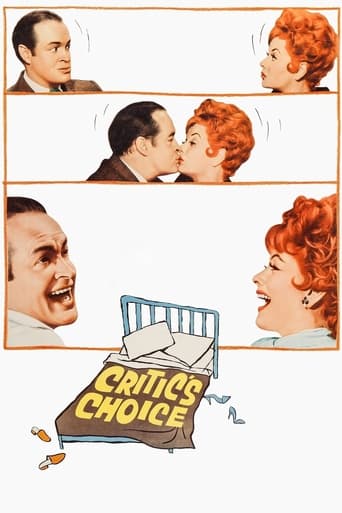
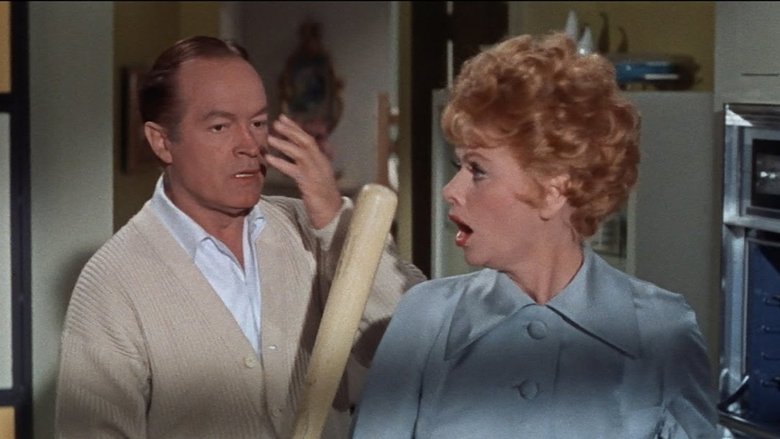
Critic's Choice (1963)
Parker Ballantine is a New York theater critic and his wife writes a play that may or may not be very good. Now Parker must either get out of reviewing the play or cause the breakup of his marriage.
Watch Trailer
Cast
Similar titles
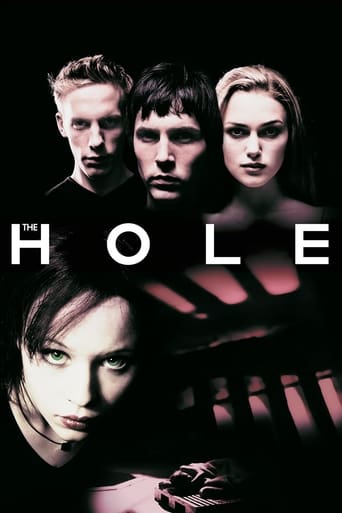
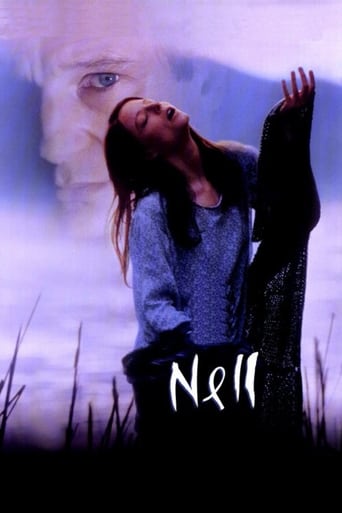
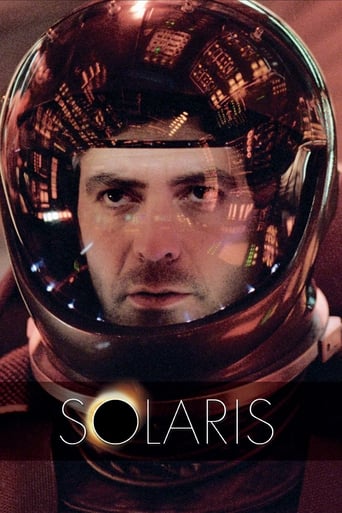
Reviews
Please don't spend money on this.
Clever, believable, and super fun to watch. It totally has replay value.
Each character in this movie — down to the smallest one — is an individual rather than a type, prone to spontaneous changes of mood and sometimes amusing outbursts of pettiness or ill humor.
This is one of the best movies I’ve seen in a very long time. You have to go and see this on the big screen.
This movie seems to have sparked an almost even mixture of highly favorable and downright negative reviews. I'm afraid I agree with the negative brigade. After the box office disaster of "Beau James" (1957) in which Hope invested his own money and literally lost his shirt, he seems to have taken any assignment that came along. (Personally, I thought "Beau James" was an absolutely terrific movie. I loved it, but hardly anyone agrees with me). Anyway, for whatever reason, I think most of us would agree that Bob Hope made some very poor films in the 1960s, starting with the verbose but unfunny "The Facts of Life"; continuing with "Bachelor in Paradise" (which starts amusingly, but the promise of its sprightly opening scenes is unfortunately not realized); recovers a lot of momentum with "Road to Hong Kong" (even though it's one of the least amusing of the "Road" pictures); then really plumbs the depths with "Critic's Choice". For me, it's a movie with no virtues at all. The characters are not just unsympathetic, they're thoroughly unpleasant. As a result, everything they do and say is negative. Maybe it worked well on the stage, where the audience is less involved, less close to the venal, utterly selfish, self-promoting characters. Maybe?
Mention the name Lucille Ball, and what comes to mind for most of us is the zany character in the long-running 1950s TV comedy show, "I Love Lucy." But, I wonder if Lucy started out with a wish to be a comedienne, or if she had her eyes on any other fields of stage or screen. Comedy was part of her early roles, but she also had roles in which she sang and danced ("Dance, Girl, Dance" of 1940). And there can be no doubt about her acting ability from such dramatic and suspense films as "Valley of the Sun" and "The Big Street" in 1942; or "The Dark Corner" in 1946; or "Lured" in 1947. On the other hand, there's little doubt about Bob Hope's aspirations. From his earliest days in vaudeville, Hope was a comedian, and he would always be a comedian. For all his kidding aside about earning as Oscar, Bob knew that he had little chance because Oscar very rarely went to a comedian. He even made his overt desire for an Oscar a part of his long- running comedy routines, and it was sure to get a laugh decade after decade That doesn't mean that Bob Hope didn't do some very funny movies. But his type of humor wasn't the subtle, clever or zany type that usually involved great or very good acting. Clark Gable, James Stewart, Carole Lombard and Claudette Colbert were some of the very accomplished dramatic actors who could do Oscar-winning caliber comedy in movies. Bob's comedy forte was the one-liner. Or, make that, a string of one- liners, one after the other. And in that, he often aroused some great laughter. So, that brings us to this movie, "Critic's Choice." This film is meant to be a semi-serious movie about Broadway and a critic's life, with a comedic outlook. And Lucy plays a serious character, a "straight man" to Bob's wisecracks and one-liners. I think it was intended as a light comedy to begin with, sans any zaniness on Lucy's part. The very funny parts are in the last half with Bob. He has some zany scenes himself, and a few strings of one-liners that bring out loud laughter. Some examples are: "This is the drunkenest room I've ever been in." "This apartment's all uphill." And, "I'd just like to be there when we get where I'm going." "Critic's Choice" is a nice film for an evening of light entertainment, and worth watching just to see two of the great comics of all time together.
Certainly not horrible considering the amount of junk Bob Hope appeared in during the 1960s. That said, it's no great shakes either. Hope is a NYC theater critic whose wife (Lucille Ball) decides to write a play. Hope, of course, is caught in a conundrum, unsure if he should support her endeavor or convince her to give up on it. It's only occasionally funny with Hope giving what amounts to an actual performance. Unfortunately, Ball is far too restrained and comes across as a bit dull. The supporting cast is pretty good, with Rip Torn as "Dion," the avant- garde stage director who takes on Ball's play (and provides a lot of fodder for the tart-tongued Hope). Jessie Royce Landis, Richard Deacon, Marie Windsor and Jim Backus are in it too. Marilyn Maxwell is funny as Hope's Broadway diva ex-wife. The unimaginative direction is by Don Weis.
I find the negative views of this film baffling. I saw it as a kid when it first opened, and have seen it many times since. It's one of my favorite Bob Hope films, and one of my favorite Lucille Ball films - primarily because both of these fine actors are given deeper roles than usual. The quips and comedic shenanigans are there, but rooted in realistic characters and credible motivations. Which only makes them funnier. This is a film that works as drama first, then finds the comedic possibilities.I also appreciate this as one of the very few good films *about* writing. The various phases that Lucy goes through in 'finding her muse' are true to life, and even somewhat inspiring. The reaction of others - especially critic-husband Hope's subtle jealousy - will be familiar to anyone who's ever tried to do creative work.But most of all, I love this film because it is often screamingly funny. Some of the dialog with Hope's ex-wife is very sharp. One of my favorite lines in any movie comes from Hope, after breaking the mainspring of his watch: "Symbolism. I cannot stand symbolism!" Hope spends almost the latter third of the film roaring drunk, delivering some of his best schtick. His scene in the theater balcony almost made me wet myself when I first saw it, and remains a classic slapstick moment. Again, all the funnier because it happens in such a believable context. (As Charlie Chaplin pointed out, when a clown takes a pratfall, it's not nearly as funny as when a pompous stuffed-shirt does it.)If you haven't seen this film, keep an eye out for it; you've got a real treat in store. And if you have seen it but haven't enjoyed it... No, I'm sorry: I have no advice for you. You're too far gone.
